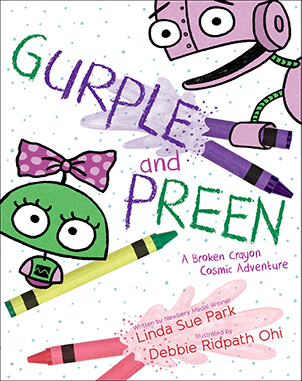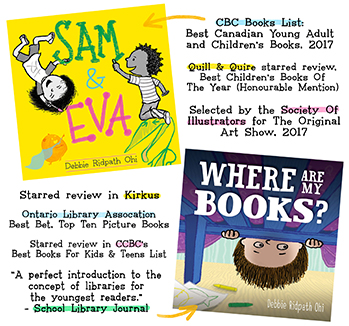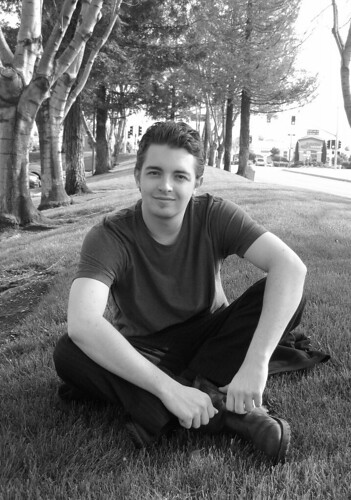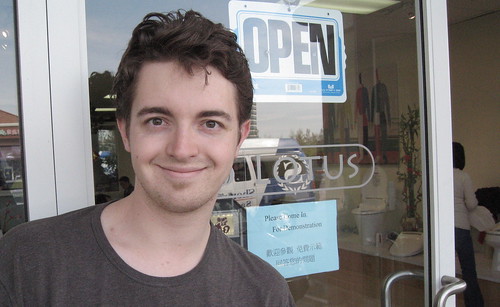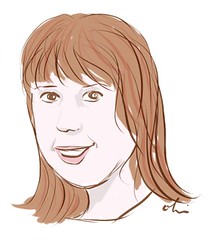Interview: Tanya Huff

(Cross-posted to Inkygirl)
I got hooked on Tanya Huff's Blood novel series years ago. Her books are funny, scary and sexy, and I love the main characters. I was excited when I heard that the novels were being turned into a tv series! The first season of Blood Ties aired on Lifetime on Sundays in the U.S. and is currently on hiatus until October, when it will air the last nine episodes of the season. Blood Ties will be airing in Canada starting August on CITY-TV (yay!). See the bottom of this page for a video trailer.
The show has done well for the network. An excerpt from BroadcastingCable.com:
"Lifetime debuted the show, based on The Blood Book novels by Tanya Huff, on March 11 and the show has been a bright spot on the network’s schedule since. After it premiered to 1.6 million total viewers, the show has averaged 1.4 million total viewers, 460,00 women 18-49 and 220,000 women 18-34 for original Sunday-night episodes, according to Nielsen Media Research. It has also proved popular on iTunes."
 |
You can find out more info in Tanya's Blood Ties blog or in her Livejournal blog. Tanya kindly agreed to answer some questions for Inkygirl:
How would you describe your Blood novel series?
Extremely well written, extraordinarily engaging, and excellent graduation gifts... oh wait, that's probably not what you meant. I've always considered the Blood books to be contemporary fantasy with mystery overtones -- a PI, a cop, and a vampire solve supernatural crimes. Except for book four, Blood Pact, which I'm willing to say has certain horrific elements, they're not really dark enough to be considered dark fantasy.
 |
How did you first hear that your books were going to be turned into a tv series?
Kaleidoscope Entertainment Inc. had held the option for a few years and I knew they were very keen on actually producing a show and had kept both my agent and I informed about the torturously long process of securing financing. Finally, after a lot of hard work on their part, all the pieces came together, they called my agent to tell him that the show was a go, he called me, and I made embarrassing shrieky noises.
How involved were you with the development process?
 |
The people at Kaleidoscope -- in spite of the fact that their responsibility to me ended the moment they wrote the check -- were really good about keeping me involved. They asked my opinion on the lists of actors sent in by the casting director, they sent me a copy of Peter's script of the pilot, and, after they had the writers hired and the room set up in Toronto, they asked me to come in for a few days and go over character backgrounds. They were, in short, amazing. The impression I get from others I've spoken to in the industry, is that this sort of involvement almost never happens. I've just been so incredibly lucky to be dealing with a production company that loved the books and wanted me to be a part of things.
Any comments on the rumour that you'll be making a guest appearance on the show?
No rumour. I play a background hooker in episode #9, STONE COLD.
 |
STONE COLD is also the episode I wrote.
When you wrote the "Stone Cold" episode, what was the process?
Oh, it was very different than writing books and, in the interests of space and time and suddenly sounding like a Dr. Who episode, this'll have to be the condensed version:
 |
1. I pitched an episode idea -- monster of the week because Mytharc is tricky for freelancers. Especially freelancers who are some distance away and can't make it in for story conferencing.
2. A few days later, because they hadn't yet moved out to Vancouver, I sat in the writing room and we hammered out the basic beats of the story.
3. The next day I wrote up those beats, sent them in to Peter and they were pretty much entirely changed.
4. Using the changes, I wrote an outline.
5. Shortly after that, after they finished unpacking out in Vancouver, I got the notes on that outline and I rewrote it with some major changes.
6. This version of the outline went to network for approval and there were yet more changes.
7. With the outline finally approved -- although with notes still to incorporate -- I wrote the first draft of the script.

©2007 Lifetime Entertainment Services
8. I got notes on that draft, and notes on the notes, and notes about the notes on the notes, and I wrote the second draft. Weirdly, in spite of all the notes, the changes here managed to be both extensive and relatively minor -- a number of them having to do with the fact I was essentially learning on the job. Peter and everyone involved were being wonderfully understanding about having to point out some fairly basic things.
9. The second draft was approved.
And, just as an addendum, although my part in the script had now ended, there were four more rewrites by staff writers before they started shooting the episode and at least one line of dialogue deliberately changed by Peter during the filming of a scene to better reflect the emotional space of the character.
(Note from Debbie: You can read more details about the writing of this episode in Tanya's Livejournal blog. Be warned that there are small spoilers, but Tanya always warns the reader upfront.)
How bothered are you by the differences between the show and your books?
Not at all. First, print and television are two very different mediums and changes have to be made to accommodate those differences. For example, in the books, Henry's a romance writer. Well, that'd be pretty boring to watch. But a graphic artist -- much sexier. Second, nothing that they do on the show affects the books -- they don't change -- so my vision of these characters and their stories is intact and Peter Mohan's vision can take off and go places I never dreamed of. I'm constantly amazed and enthralled by the way things are changing and developing.

©2007 Lifetime Entertainment Services
Has this experience made you think about doing more screenwriting in general (e.g. not just for Blood Ties)? Have you written screenplays before?
I had never written a screenplay before "Stone Cold" but I do have a degree in Radio and Television Arts so I have some small amount of (mumble) year old training. I loved the experience so much that I've picked up a media agent and I'm out there pitching ideas in hope of picking up another contract.
When you were writing your Blood books, did it ever cross your mind that it would make a good tv series?
It didn't so much 'cross my mind' that they'd make great television as the thought was always there in the back of my brain. I had them mostly cast while I was writing them -- Jamie Lee Curtis as Vicki, Ed Marinaro (Joe Coffee from Hill Street Blues) as Mike... but I never managed to cast Henry. And, since my only training as a writer is media related, I'm always fairly aware of how a scene would play on screen -- given time and an unlimited budget, of course.
Any chance of a Blood movie?
There are always dreams of having the time and the budget to do the sorts of things a small show just can't manage but, right now, we're all just keeping our fingers crossed that we get a second season. And it's not easy typing with your fingers crossed...

Tanya and a custom-made Henry doll given to her by Heather Borean, made by Teddy in the U.K.
What are your current / upcoming projects?
I'm currently working on the fourth of the Valor books, Valor's Trial. This will be the final of my Torin Kerr, military SF novels. Book three, Heart Of Valor will be out in early June in hardcover.
Any advice for hopeful writers?
Tell the stories you have to tell; tell them as clearly and as truthfully as you can. With any luck they'll be stories people will want to share.
Remember a rejection letter is saying only that at this time, this piece of work is not suitable for publication. A rejection of your work is not a rejection of you. Develop a thick skin, you'll need it.
Embrace art but learn your craft.
In fact, learn from everything that happens to and around you. Ask why. Don't be afraid of repeating the question until you get an answer even if you sound like a three year old; you want to be a writer, your friends already think you're weird.
Love what you do because the odds are good you'll never be paid enough to do it for any other reason.
Blood Ties video trailer:
 interview,
interview,  tanya huff in
tanya huff in  Blog/news
Blog/news 




